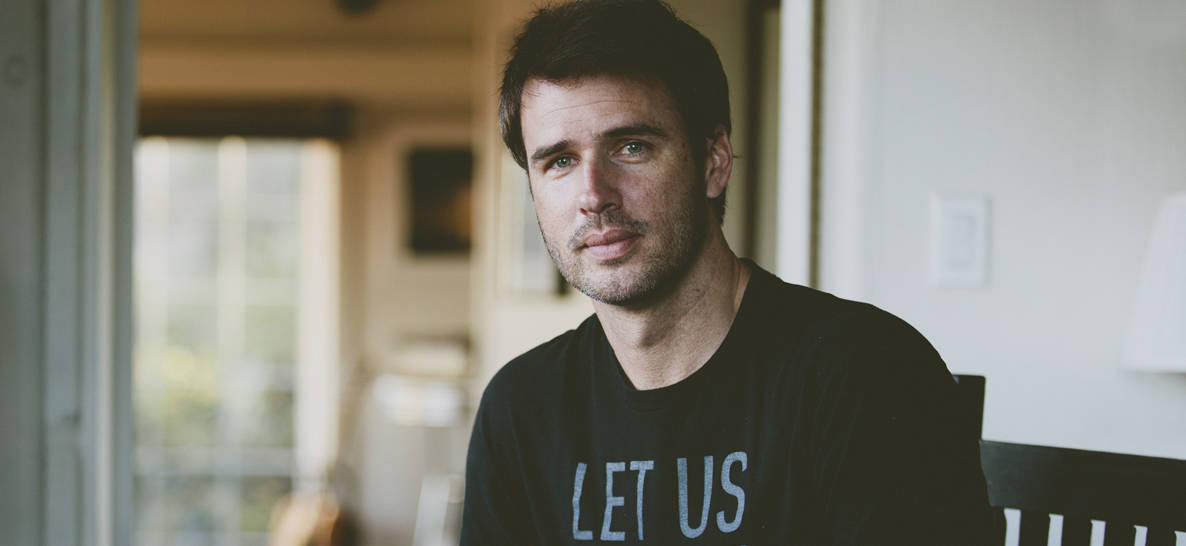
Dear Eddie,
I have a best friend of the opposite sex, we’ve known each other for years and I fell in love through our mutual experiences and care for each other. However, this love was not reciprocated, but I was still kept as a confidant and best friend while my friend dated someone else. This relationship worries me and other mutual friends as we see red flags that our friend is seemingly blind to even when we’ve brought them up.
I don’t know what to do anymore. I’ve distanced myself as a best friend, but my heart still hurts. I miss my friend, but even that doesn’t seem to be reciprocated anymore. I worry about my friend and this new relationship but no longer say anything about it.
Is there anything I can do? For my heart? For my friend? I’ve already distanced myself as much as is possible, physically and emotionally.
Sincerely,
Hurting and Confused
Hurting and Confused (for brevity, H.C.),
You’ve emailed me asking for advice, which is what I’ll give in a moment. But I can’t just start making lists of things for you to consider without acknowledging the anguish that you appear to be in. Between your intensely careful attention to making this question untraceable, as well as your clear heartbreak, I’m just sad for you and sorry you’re hurting. Honestly, this just sucks.
Having said that (while dropping a Christian pseudo-curse word in the process), we need to have a conversation. And as a start, we’re going to move away from your direct situation a bit and zoom out—way out—to some bigger questions that may make your particular path a little more clear.
What is a best friend?
I feel like this heading was pulled from Seventeen magazine. But don’t worry, I’m not getting into exchanging locker combinations and sharing Stüssy shirts. Rather, I want to dig into what makes someone stand apart from all the rest of your friends and earn the “best” title.
To be “the best,” one must fill many roles. Roles that would normally be spread out over a number of friends, now get consolidated into a single BFF. This person (besides being the locker combo and Stüssy buddy) is your go-to hang out partner, keeper of your deepest longings and secrets, lover of your quirky sense of humor, and consistent presence as lives and seasons change. They are safe, they are loving and they are committed. In short, they are kind of like your spouse.
Which leads us to our next point…
You can’t be best friends with someone of the opposite sex
You just can’t—not long-term at least. Because while some folks (me included) make it work for a while, there comes a point where the best friendship stands in direct challenge to a romantic relationship. Put another way, the best friend—if truly a best friend—occupies the same space that a significant other can (and should) occupy. And if those people don’t occupy the same space, then one of the two parties is being cheated.
Additionally, and this is where you’re really going to get up in arms, I would contend that one (if not both) of the people in an opposite-sex best friendship are romantically interested in each other. And while I can’t say this is accurate 100 percent of the time, I can tell you that I’ve never witnessed a situation where at least one of the parties wasn’t waiting, hoping even, that things would progress. But why is this?
Because an opposite-sex best friendship is a marriage without the commitment. BFFs and spouses are built out of the same stuff, and I would argue that once you’ve found one, you very well may have found the other. I did.
If you’re not willing to concede that point, you’re either cheating your friend out of some part of you that you’re giving to your spouse or—much more terrifyingly—you’re giving something to your friend that should be your spouse’s alone. You can’t have both. Even a same-gender best friend should come in as a distant second to your spouse—who’s your real BFF after marriage.
Which leads us back to you, H.C.
I have hard advice for you—really hard. You need to keep doing what you’ve already started doing, which is distancing yourself from your friend. Hear me say this: There is nothing wrong with you, and I’m sure you’re spot-on in regard to the red flags. However, because of your current or former position in your friend’s heart, you may be the last person who can speak into the relationship that (for better or worse) is now occupying the space that used to be yours.
I’m sorry, H.C. Losing someone who was your best friend, dare I say someone you love, is one of the great hardships of humanity. As my favorite poet, Paul Simon, writes, “… losing love is like a window in your heart, everybody sees you’re blown apart, everybody sees the wind blow.” And that’s what happening to you right now.
Right now, you are hurt and confused, mourning the loss and in some ways experiencing a breakup. And my best advice is to let yourself be sad, lean on people who love you and trust that God will not let go of you or your former best friend.
Bottom line: Others around your friend will speak into the red-flags—but you can’t be the great friend that you once were. I’m sure you were good at loving your friend through good and bad days. Which, if nothing else, affirms that you will be an excellent best friend and maybe even spouse for someone else someday.
You’re a good person, H.C. I’m sorry you’re sad.
Your friend,
Eddie
Have a question? Good! Send an email to [email protected]. All identifying information will be kept anonymous.






















